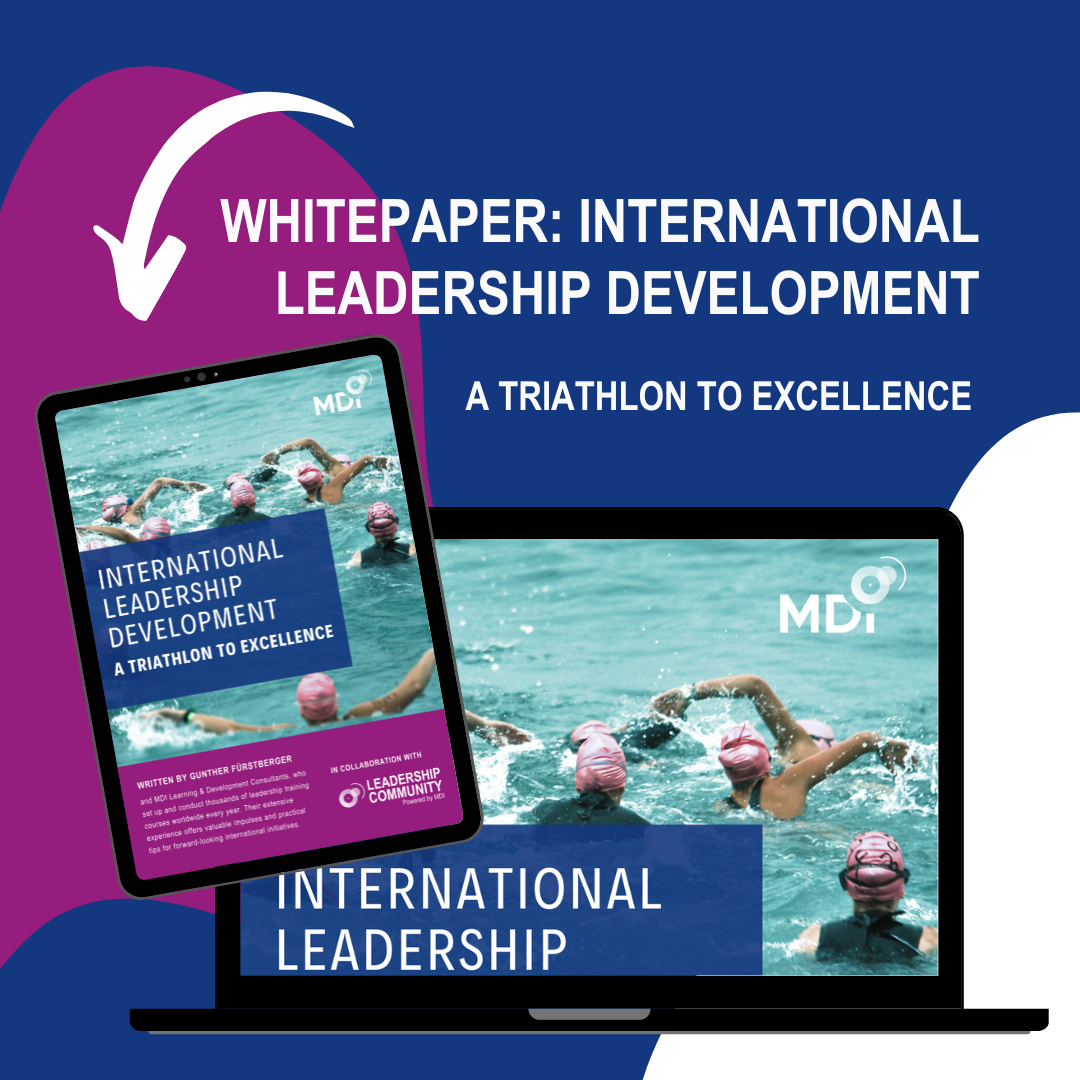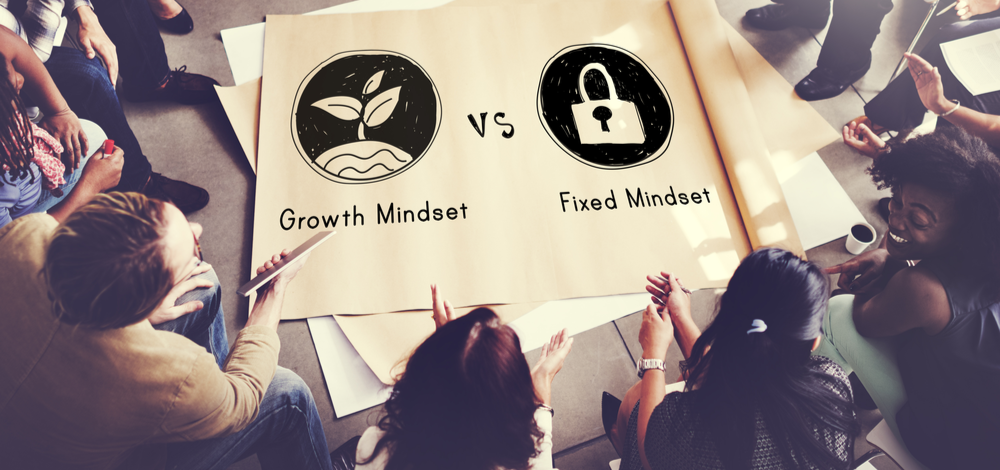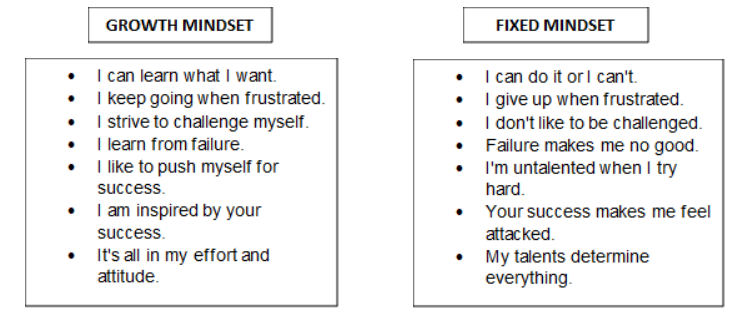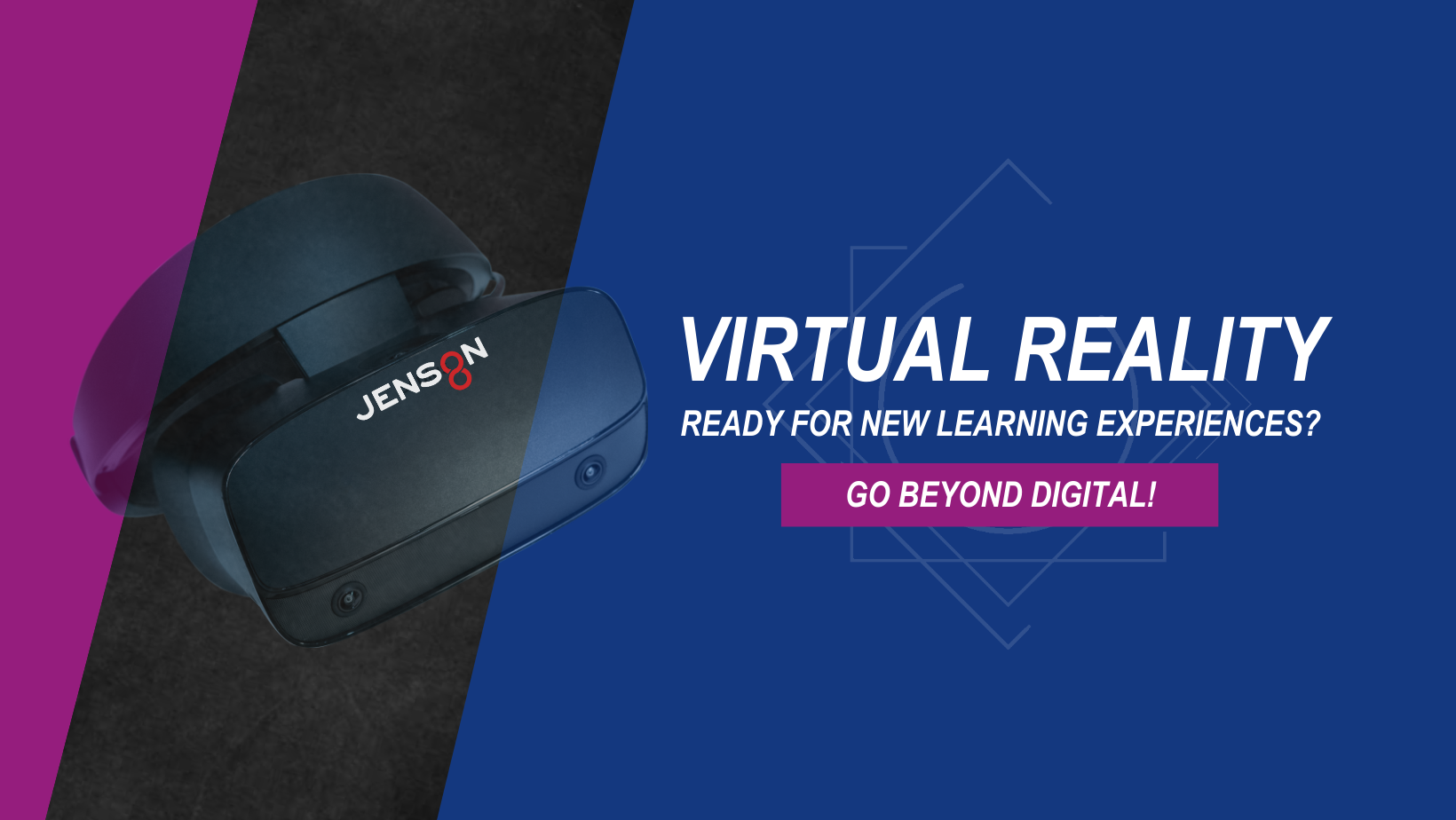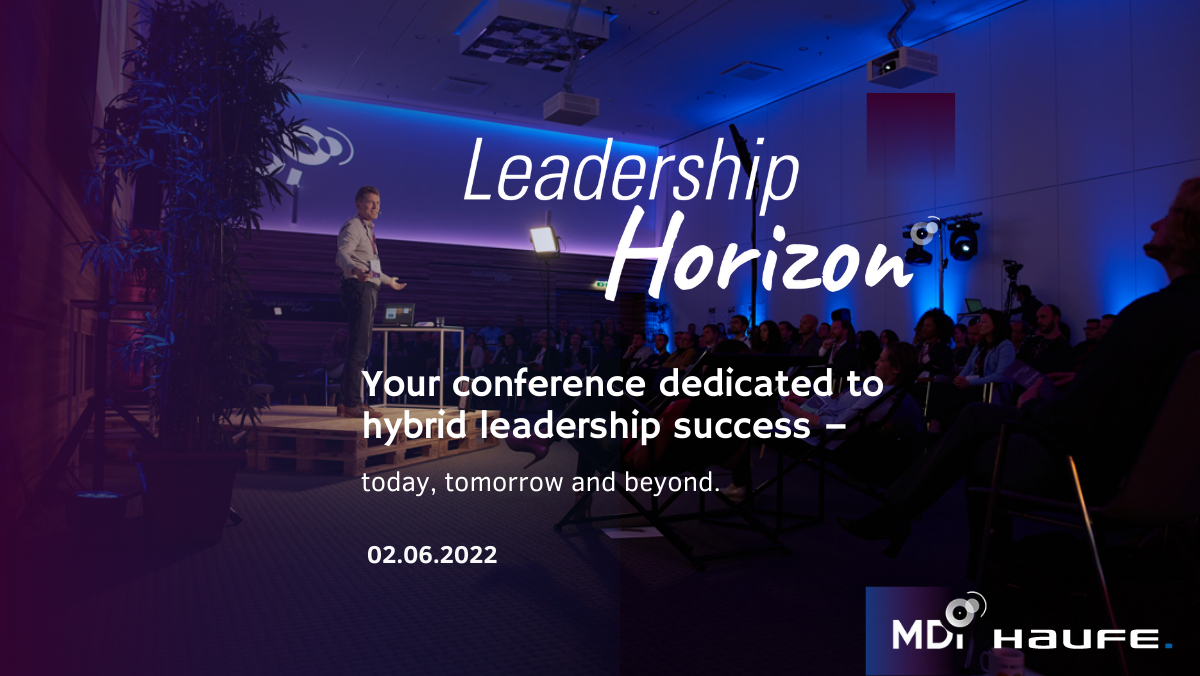
Successful Team Building for Boehringer Ingelheim RCV
Successful Team Building for Boehringer Ingelheim RCV
Do you prefer to listen to this article?
Click below to access our AI-generated audio version:
Successful Team Building for Boehringer Ingelheim RCV
In the interview with our MDI trainer and partner, Anita Berger
On June 29, 2023, around 85 participants gathered at the Casino Baden to participate in a team-building event for Boehringer Ingelheim RCV under the management of Csilla Ponner. A resounding success that not only strengthened team cohesion but also laid the foundation for an unforgettable Christmas edition on December 19, 2023, at the picturesque Schloss Laxenburg.
These outstanding events were accompanied by our experienced MDI trainer and partner, Anita Berger. In this interview, Anita, who worked closely with the key individuals on shaping content and concepts, provides us with insights into the success factors and inspiring moments of these special events.
Dear Anita, please introduce yourself briefly to our readers and mention the role you play in collaboration with Boehringer Ingelheim RCV.
“Learn and act,” that’s what I stand for, and I want to contribute to moving and enriching individuals and organizations.
I’ve been working with Boehringer Ingelheim RCV for more than 10 years, in various roles and formats:
- At large group events
- In-process support for team development measures and workshops
- In individual and team coaching
- In training sessions on linear and lateral leadership topics.
Can you give us a brief overview of the successful team building for Boehringer Ingelheim RCV in June and December 2023?
What were the goals of the events?
We had specific thematic focuses derived from the strategic priorities of the business area for each event. The first event aimed at identifying additional ways to further improve effective communication and cooperation:
- What influence does our mindset and perception have on our behavior and thus our interaction with others?
- In the context of a communication boost: What are essentials for effective communication?
The second event focused on how to increase effectiveness in decision-making processes:
- What influences the way we make decisions?
- What (group) dynamics exist in decision-making processes?
- What decision-making processes are involved? What strategies are needed for each?
For all topics, we developed easily applicable tools through concrete exercises that participants could easily integrate into their daily lives. Additionally, we had team-building activities for participants to experience the themes with a lot of fun.
The overarching theme for all events was “togetherness” and strengthening identification with the department.

How did the preparations for the events go? Were there any particular challenges you had to face?
I’d like to divide this question into:
- Coordination of content and design with the department
- Onboarding, content and delivery briefing, and alignment of the trainers who facilitated the breakout sessions.
- Onboarding and alignment regarding the team-building activities.
1. Coordination of content and design with the department
Preparations with the department were characterized by a very constructive and open exchange, as well as strong trust in ideas and suggestions. It was mainly about identifying suitable topics and designs to enable valuable and implementation-oriented learning for a very diverse group of participants.
Finding times for coordination was challenging, requiring high flexibility from all of us. The support from the assistant to the department head Sabine Herold-Gmaschitz was excellent, creating a perfect framework for successful events.
2. Onboarding, content and delivery briefing, and alignment of the trainers who facilitated the breakout sessions.
It was important to onboard the trainers well so that they had a good understanding of the organization, its challenges, and the participants, especially since the majority had not worked with this organizational unit before.
It was also about briefing them on the content and exercises, some of which they were not familiar with so that they felt well-supported. This led to a great exchange and a very productive collaboration among the trainers.
3. Onboarding and alignment regarding the successful team building for Boehringer Ingelheim RCV activities.
The focus here was mainly on framing the team-building activities so that the day was experienced as a cohesive flow.

Anita Berger
MDI partner and trainer

